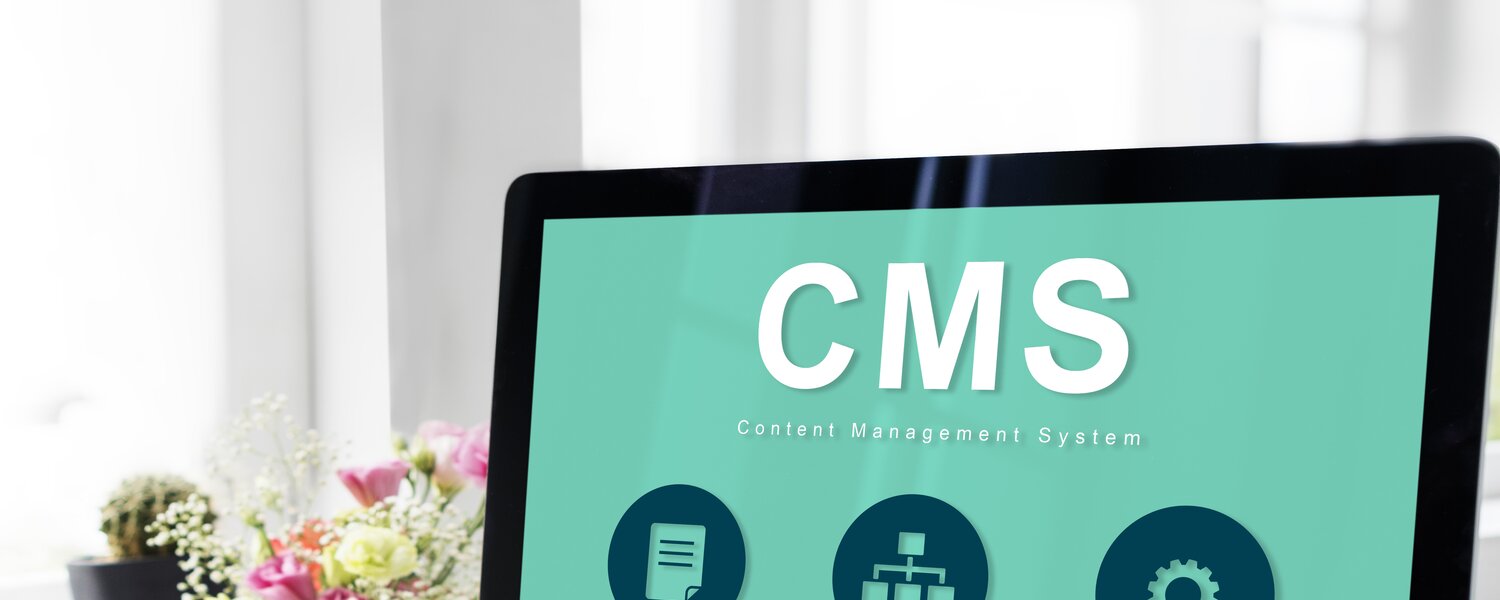For successful omnichannel marketing, departments often need several different systems to create and prepare content for the various TouchPoints. This is complex and costs valuable time in addition to increased effort. But there is a solution for this problem as well: The Headless CMS.
HEADLESS OR API-BASED CMS - THAT'S WHAT IT'S ALL ABOUT
Content management systems are indispensable for today's amount of content and data. They make it possible to create and manage content quickly and easily. However, they often limit the possibilities of presentation. Based on their CMS, for example, developers are bound to a specific programming language for their website.
Traditional content management systems consist of a backend, a database and a frontend. In the backend, employees manage the content, which is then stored in the database and output to the visitor of your website by the frontend. The headless CMS lacks the frontend. It is replaced by an application programming interface, or API. The programming interface communicates with applications and provides them with the required entries from the database.
By offloading the frontend from the CMS, you can serve different channels through the same CMS instead of needing separate software for each.
THE ADVANTAGES OF A HEADLESS CMS
API-based content management systems offer many advantages, especially for large companies that already operate omnichannel marketing:
- Simplicity: One CMS for all TouchPoints - it couldn't be simpler
- Central: All information is in one place and does not have to be entered redundantly
- Free space: The display options are unbound and not limited in the Headless CMS
- Compatibility: API-based CMS are compatible with all operating systems and devices
- Personalization: With a headless CMS you have free choice in the provider of your front-end and other software that you can combine with the CMS as needed
- Time-to-market: Thanks to dynamic queries of the API-based CMS, all data is up-to-date everywhere at all times - sometimes a decisive competitive advantage
DISADVANTAGES OF API-BASED CONTENT MANAGEMENT
Like everything else in the world, a headless CMS has its drawbacks, of course: Costs and effort first increase with the introduction of API-based content management. After all, with the classic CMS, the layout comes directly from the CMS and is thus developed quite efficiently. With the headless approach, this is deliberately separated. At the moment, however, this also means having to put up with additional effort, at least if simple channels such as the corporate website are being used. At the same time, a headless CMS means a crucial loss for many editors and marketing: They often can no longer preview the planned content to check its impact. Instead, they have to send it out on the off chance and hope that it will be displayed correctly on all devices. The classic here is the headline. How often has content been optimized for the website, one word still removed so there is no line break. Something like this will become much more difficult in the future. Whereby the headless CMS for this is not the cause of the problem, but these inevitably arise due to the multitude of new channels.
DECOUPLED CMS: HYBRID SOLUTIONS AS A COMPROMISE
Driven by the hype around API-based CMS, numerous providers of classic content management systems have expanded their offerings under the name Decoupled CMS. Decoupled content management software still contains a linked back and front end. At the same time, however, there is also an API via which you can link further frontends with the backend. For many companies, this hybrid therefore offers the best of both worlds: You are maximally flexible, but do not necessarily have to take care of every little thing yourself, but can still focus on the content and the best possible customer experience.





